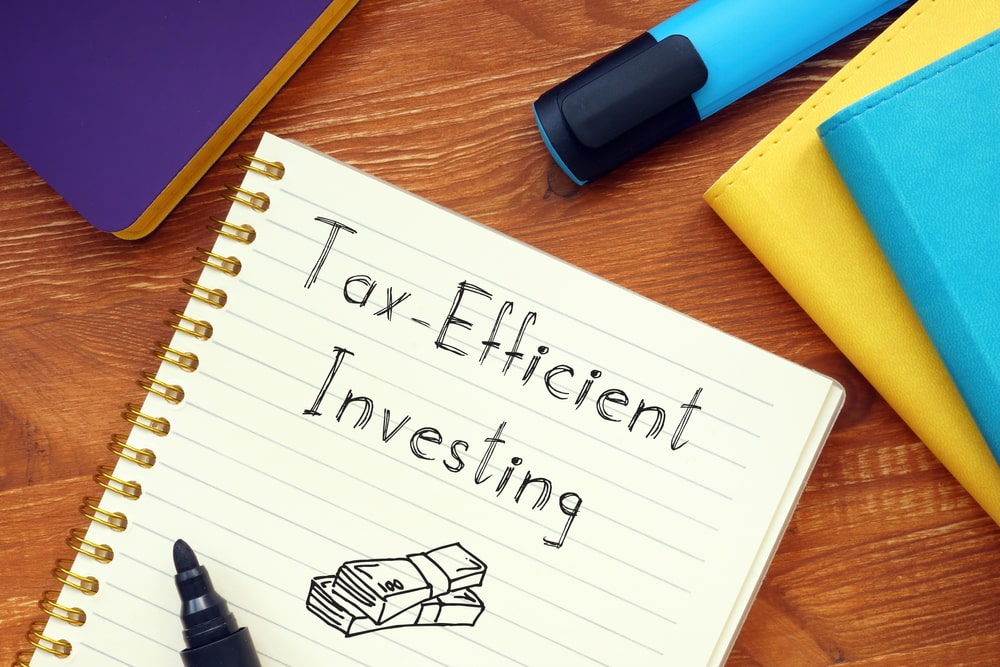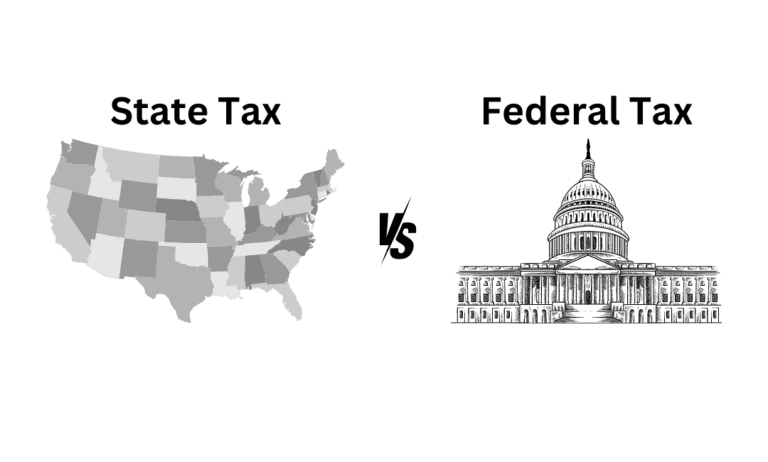Investing can be a powerful tool for building wealth and securing your financial future. However, understanding the tax implications of your investments is crucial for maximizing your returns. Let us explore how different types of investments are taxed and how to make informed decisions to minimize your tax liability.
For Tax Year 2021, ordinary dividends rose by 19.6% to $392.8 billion, indicating significant investment income reported by taxpayers.
Taxable Events and Investment Income
There are generally two main ways investments impact your taxes:
- Capital Gains and Losses: When you sell an investment for more than you purchased it for, you realize a capital gain. Conversely, if you sell it for a loss, you incur a capital loss. Capital gains and losses are taxed at different rates depending on how long you held the investment before selling (short-term or long-term).
- Investment Income: Many investments generate ongoing income, such as dividends from stocks, interest from bonds, or rental income from real estate. This investment income is typically taxed as ordinary income at your marginal tax rate.
Taxes on Different Investment Types:
- Stocks & Bonds: Capital gains on stocks and bonds held for more than one year are typically taxed at a lower rate than ordinary income. Short-term capital gains are taxed at your ordinary income tax rate. Dividends from stocks may also be eligible for qualified dividend tax rates.
- Real Estate: Rental income from real estate is considered ordinary income and taxed at your marginal tax rate. However, you may be able to deduct certain expenses related to owning and maintaining the property. Real estate sales can also trigger capital gains or losses.
- Cryptocurrency: Cryptocurrency is considered property by the IRS. Buying and selling cryptocurrency can result in capital gains or losses taxed similarly to stocks and bonds. However, cryptocurrency also has unique tax implications, such as the treatment of staking rewards and mining income.
Tax-Advantaged Accounts:
Investing through tax-advantaged accounts like IRAs (Individual Retirement Accounts) and 401(k)s can significantly reduce your tax burden. Contributions to traditional IRAs and 401(k)s may be tax-deductible, and earnings grow tax-deferred until withdrawal in retirement. Roth IRAs offer tax-free withdrawals in retirement, but contributions are typically not tax-deductible.
Tax Planning Strategies for Investors:
- Asset Allocation: Diversifying your portfolio across different asset classes can help manage your overall tax liability.
- Tax-Loss Harvesting: Selling investments at a loss to offset capital gains from other sales can reduce your taxable income.
- Investing in Tax-Advantaged Accounts: Utilizing IRAs, 401(k)s, and other tax-advantaged accounts can significantly reduce your tax bill.
Tax Help for Investors
The tax implications of investing can be complex, especially with the ever-evolving landscape of cryptocurrency. If you have questions about how your investments will be taxed, consulting with a qualified tax professional is highly recommended. BadranTax has a team of experienced tax advisors, including Enrolled Agents and tax attorneys, who can help you navigate the complexities of investment taxes and develop a tax-efficient investment strategy.
We can assist you with:
- Understanding the tax implications of specific investments.
- Developing tax-saving strategies for your investment portfolio.
- Tax preparation and filing for investors.
- Representing you before the IRS in case of any tax issues related to your investments.
Don’t let taxes ruin your investment returns! Contact BadranTax today to schedule a consultation and discuss your investment tax needs.
Additional Resources:
- Internal Revenue Service (IRS) – Publications for Individual Taxpayers: https://www.irs.gov/publications/p550
- Specific IRS Resources:
- Tax Topic No. 409 Capital Gains and Losses (https://www.irs.gov/taxtopics/tc409) can provide a more in-depth explanation of capital gains tax rates and holding periods.
- Tax Topic No. 550 Investment Income and Expenses (https://www.irs.gov/individuals/net-investment-income-tax) offers details on taxation of dividends, interest, and other investment income.
- Financial Industry Regulatory Authority (FINRA): FINRA is a self-regulatory organization for securities firms. Their website offers investor education resources, including information on different investment types: https://www.finra.org/
By understanding how investments affect your taxes, you can make informed decisions to maximize your investment returns and minimize your tax liability.




